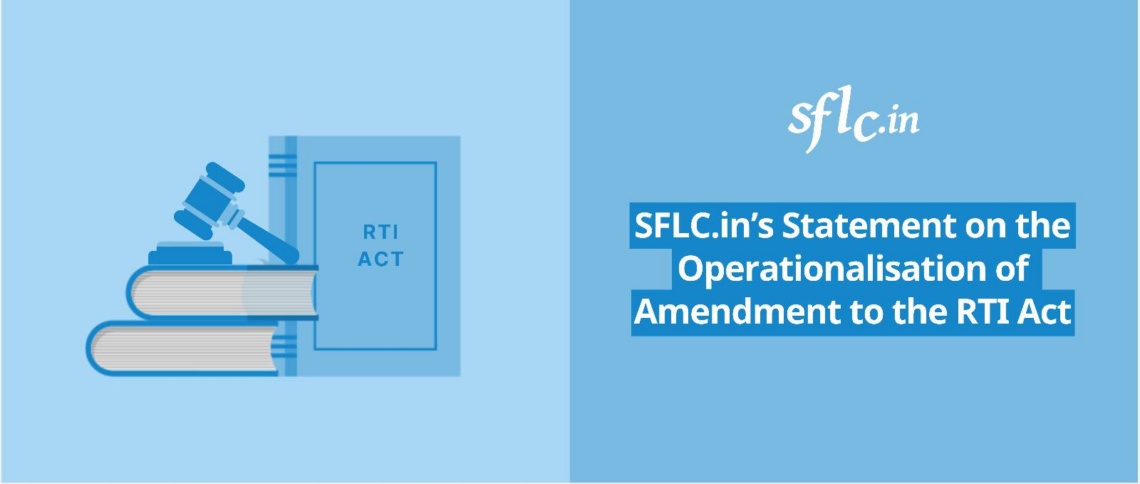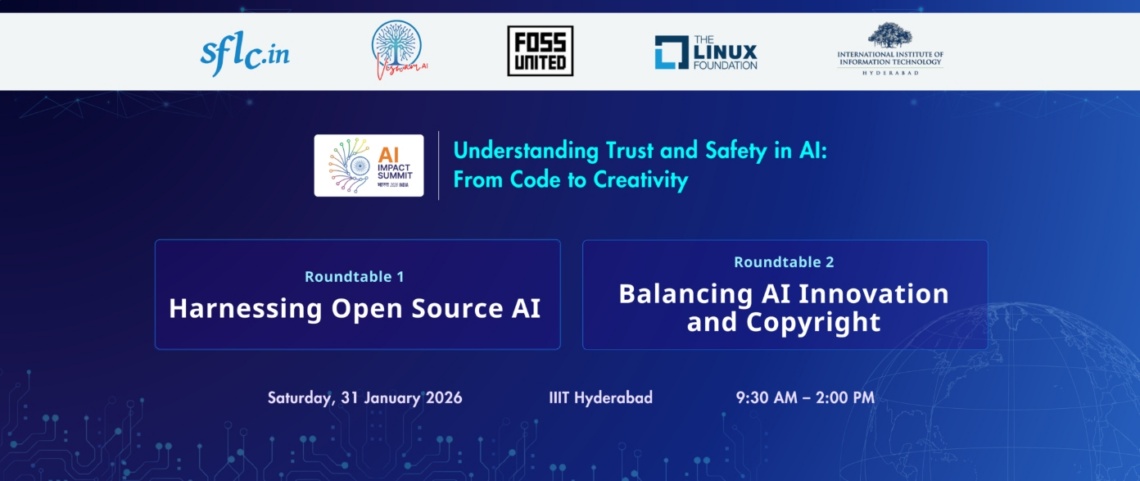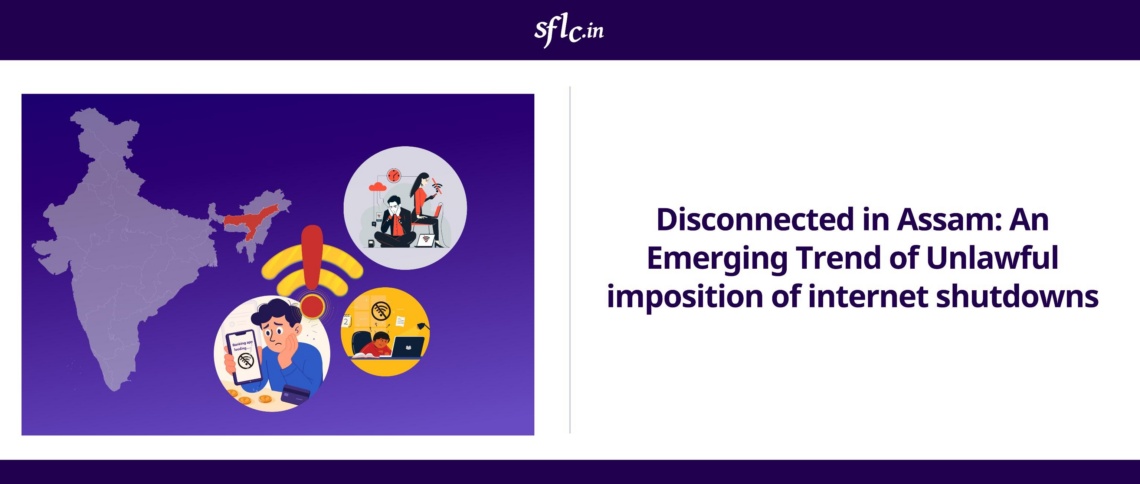On 13th November 2025, the Ministry of Electronics and Information Technology (“MEITY”) notified the Digital Personal Data Protection Rules, 2025. Additionally, the MEITY also notified that, in addition to other provisions, Section 44(3) of the Digital Personal Data Protection Act (2023) (“the Act”), shall also come into force. This section amends Section 8(1)(j) of the Right to Information Act (2005) (“RTI Act”) , which would grant the Government the right to deny providing any information in response to Right to Information applications, in case they relate to personal information. On 20th August this year, the MEITY had issued a press release, stating that the said amendment upholds the fundamental right to privacy while preserving transparency under the RTI Act.
The unamended version of Section 8(1)(j) of the RTI Act read as follows –
…information which relates to personal information [the disclosure of which has no relationship to any public activity or interest, or which would cause unwarranted invasion of the privacy of the individual unless the Central Public Information Officer or the State Public Information Officer or the appellate authority, as the case may be, is satisfied that the larger public interest justifies the disclosure of such information]…
Notably, the B.N. Srikrishna Committee had recommended amending this provision to effectively harmonise transparency and privacy, by prescribing under which circumstances ‘disclosure of personal information would be a proportionate restriction to privacy’. In pursuance of the same, the Committee had proposed the inclusion of the following aspects in an amendment to Section 8(1)(j) of the RTI Act-
- Nothing contained in the Act would be applicable to disclosures made under this provision. The Committee recognized the possibility of the fundamental right to privacy being utilized as a stonewalling tactic to hinder transparency.
- Further, the default response would be to disclose such information as requested in an RTI application. The primary and operative assumption would be that such disclosure would ensure public interest, transparency and accountability.
- Finally, information would not be disclosed only in the event that it is likely to cause harm to a Data Principal and that such harm outweighs public interest considerations.
However, in reality, operationalising Section 44(3) of the Act effectively eliminates this crucial balance that existed in the erstwhile Section 8(1)(j) of the RTI Act. Now, Central/State Public Information Officers will no longer be required to consider larger public interest justifications, that could necessitate the disclosure of personal information in pursuance to RTI requests. In 2022, SFLC.in had offered its recommendations on this issue, during the public consultation process for the Draft Digital Personal Data Protection Bill.
Earlier this year, SFLC.in had joined over 30 civil society organisations, urging the Government of India to not operationalise Section 44(3) of the Act. In June 2025, the Press Club of India, in association with other press bodies and journalists across the country, had also submitted a joint memorandum to the Hon’ble Minister of Electronics and Information Technology, raising numerous concerns on how the current framework under the Act could endanger and impede professional work of journalists across print, online and electronic media. One of those concerns also related to amendment of Section 8(1)(j) of the RTI Act, which had been a vital tool for public interest journalism, to uncover facts and important information on instances of scams and corruption.
SFLC.in urges the MEITY to halt operationalisation of this amendment and reconsider its severe implications on democratic governance, maintenance of public trust and transparency from the State, towards the people of India.
We would be obliged to meet and engage in dialogue over this critical issue with the Ministry.
About SFLC.in
SFLC.in is the first Indian legal services organization that works exclusively on technology, law, and policy. As a not-for-profit organization engaged in the empowerment of Indian citizens of their digital freedom and rights, it operates as a collective bringing together different stakeholders to a common platform to further the cause of digital rights. We promote innovation and open access to knowledge by helping policy makers make informed and just decisions regarding the use and adoption of technology.
17th November 2025




